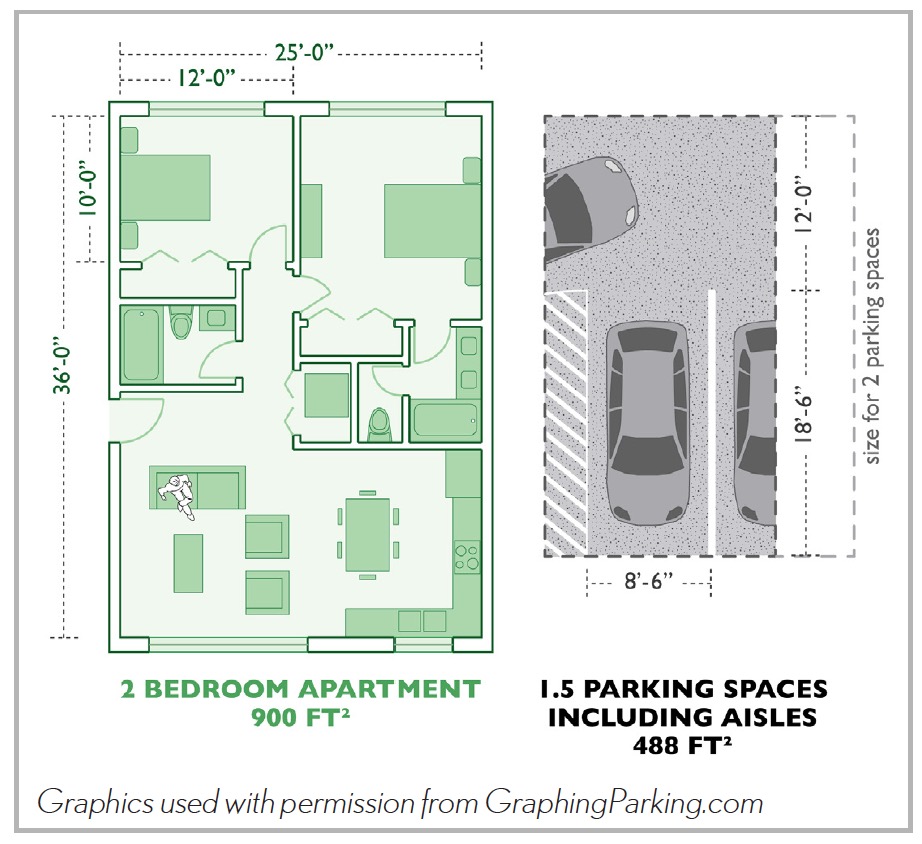
CENTER FOR NEIGHBORHOOD TECHNOLOGY
Late at night, when Chicago sleeps, apartment parking lots are at their peak usage. When CNT visited those lots and garages at 4:00 a.m., though, we found one third of the parking spaces sitting empty…This may not seem like a huge problem, but each indoor, underground parking space – one individual space – costs $37,300 to build. Multiply that by all of the spaces in the lot, and the price tag is huge. We think that wasted money and space should be allocated to housing instead.












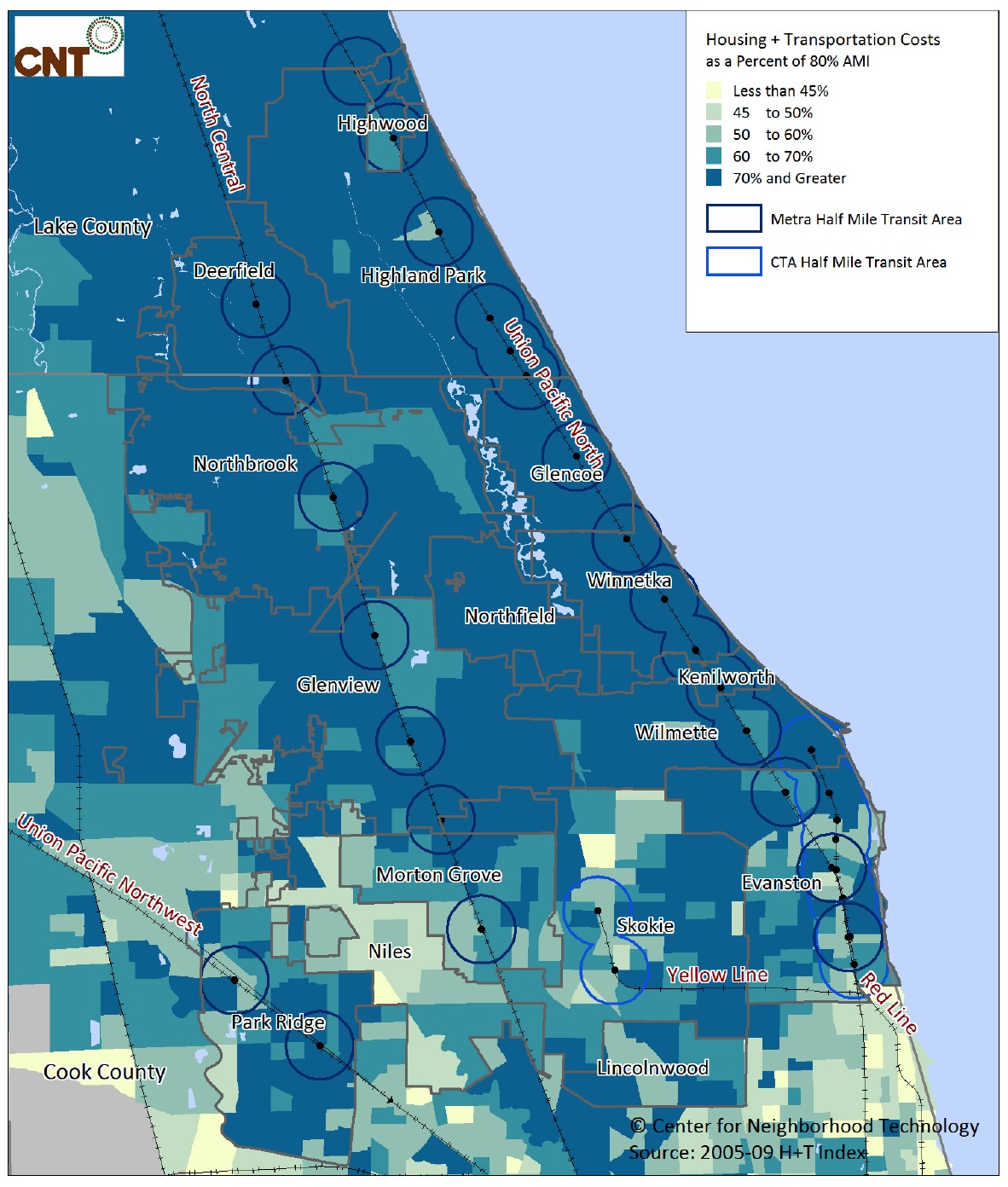

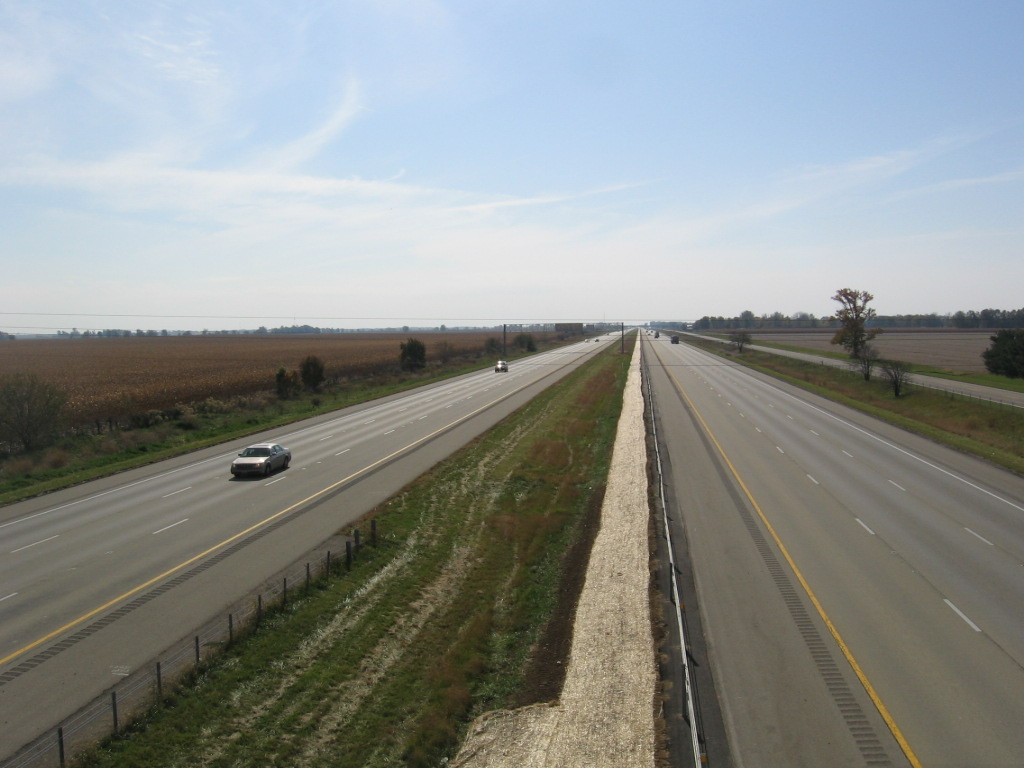
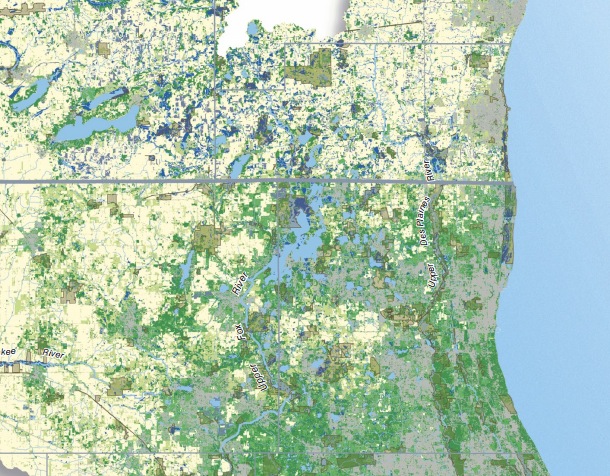
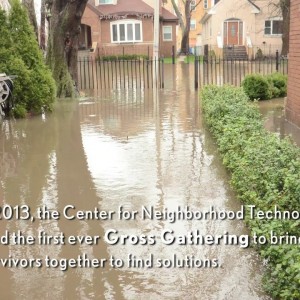
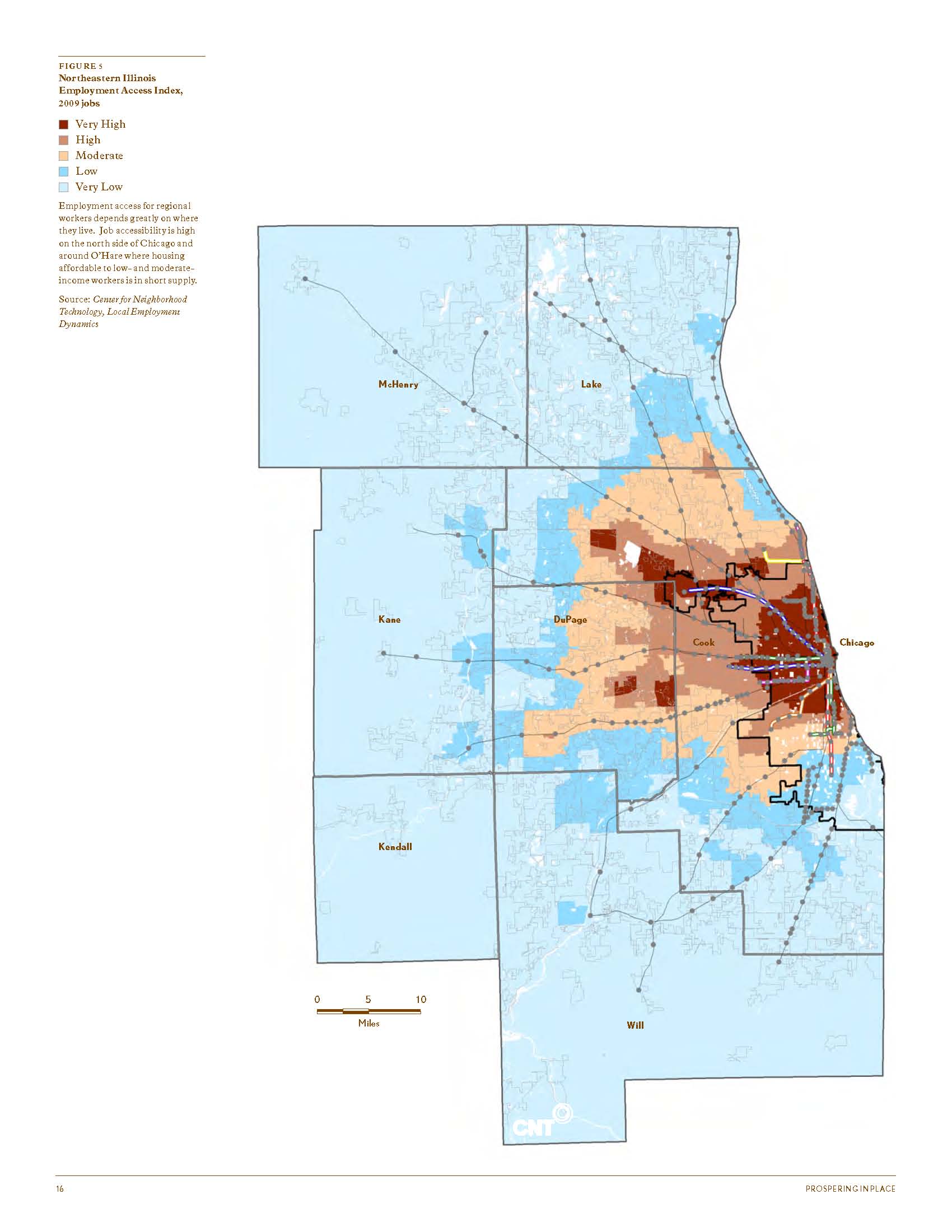
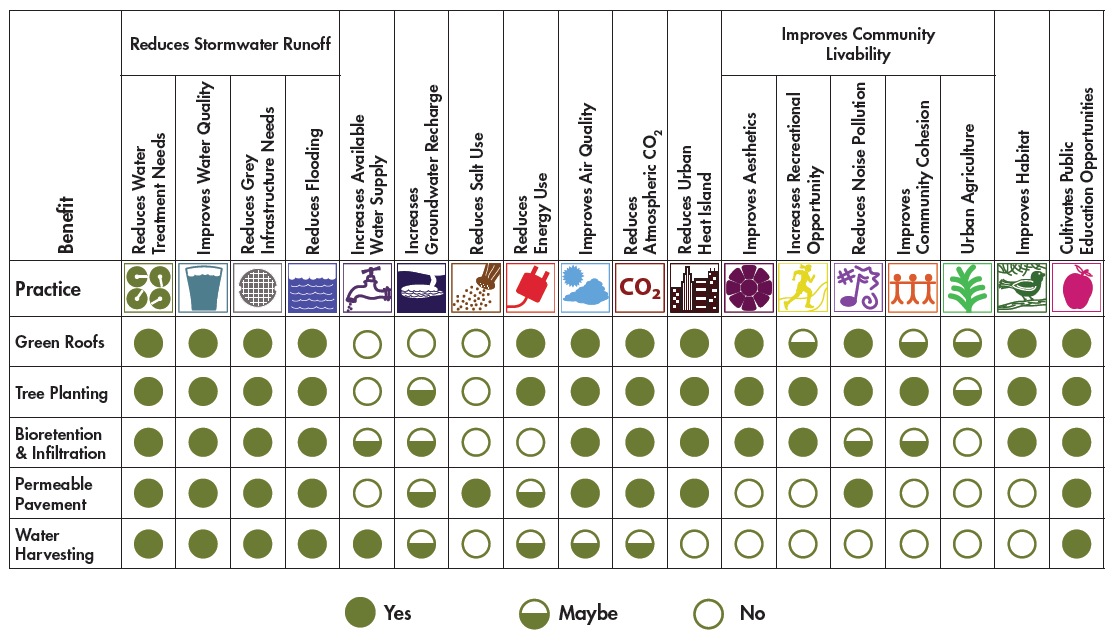
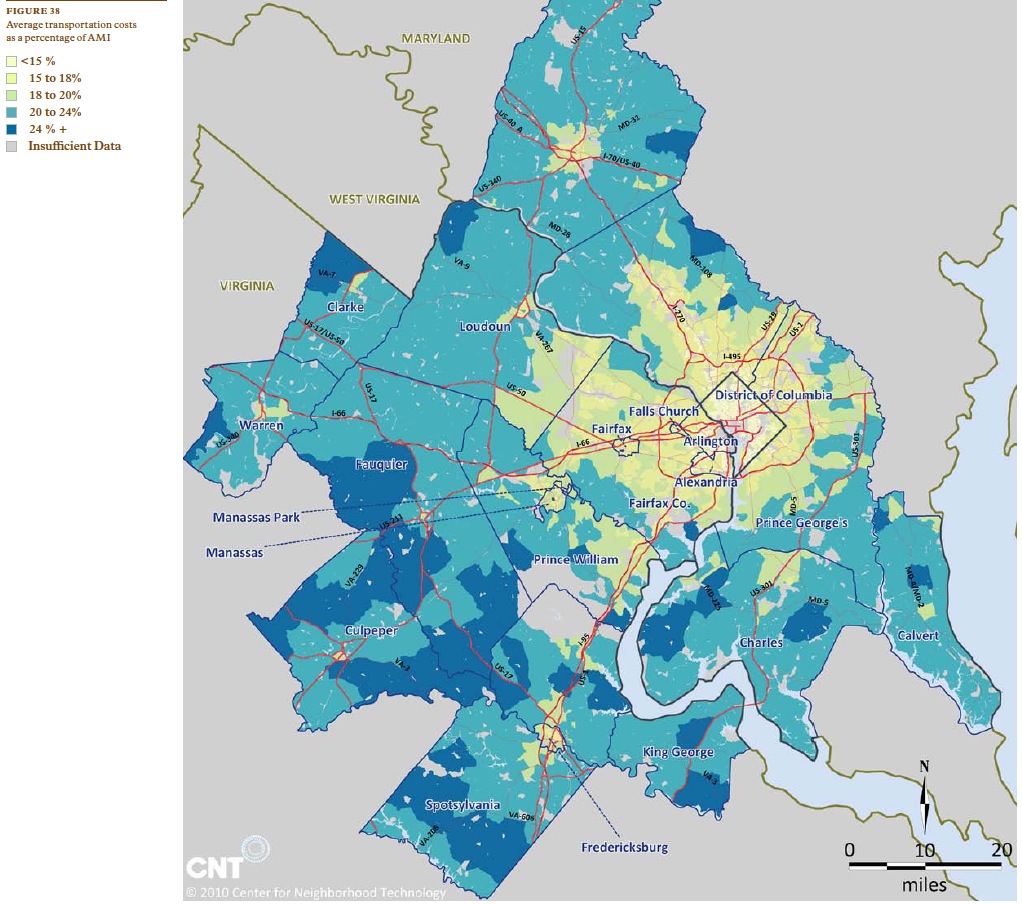
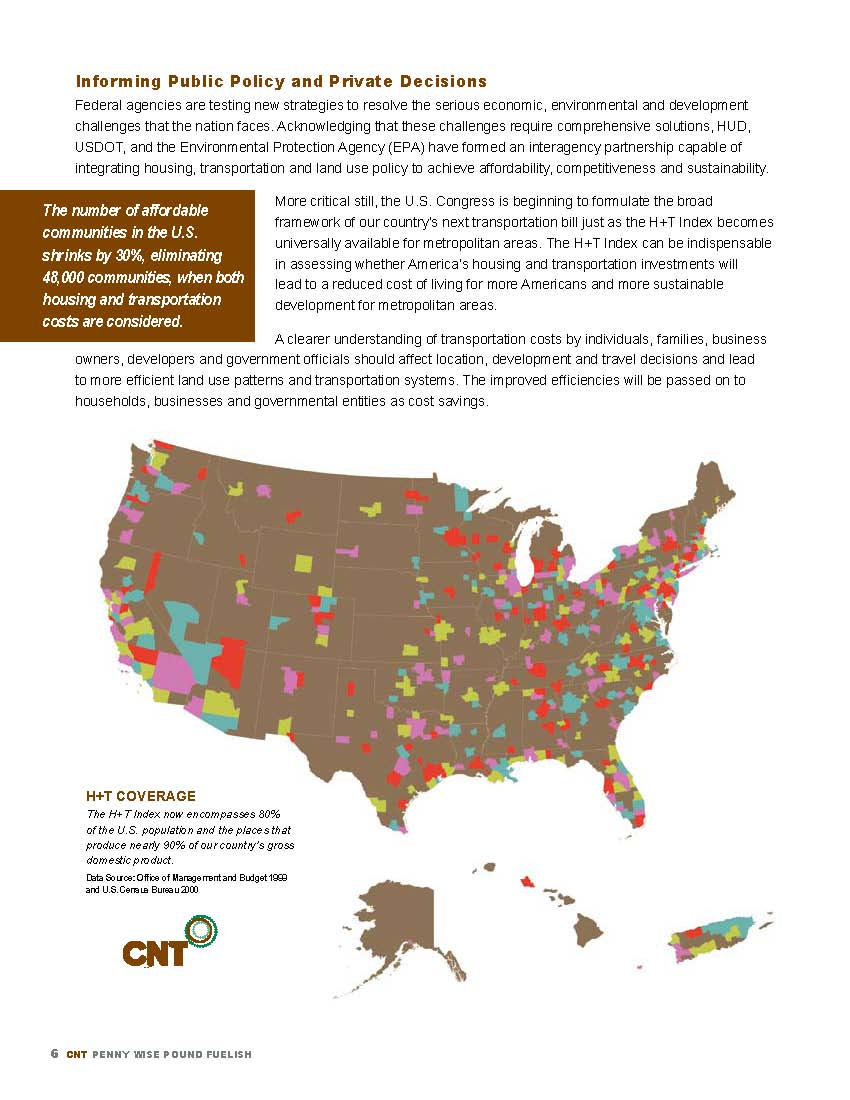

 RSS Feed
RSS Feed